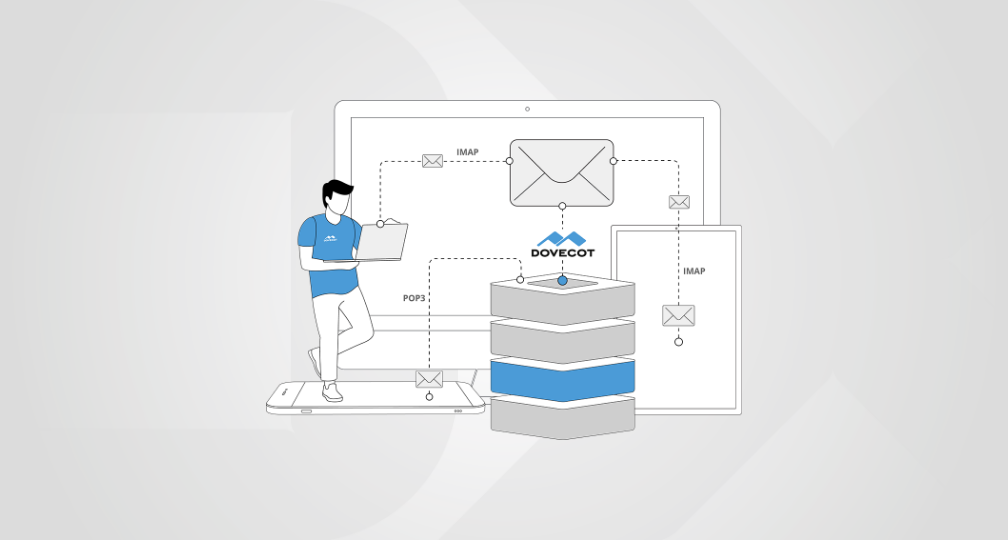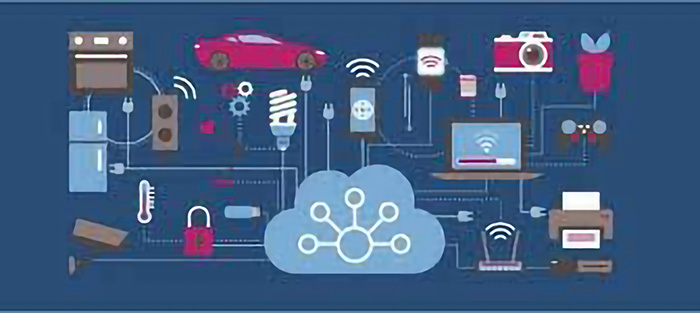It’s no secret to those of us in the open source community how open technology brings a necessary visibility and transparency that creates countless opportunities to improve and enhance technology. Yet, despite the obvious (to us) industry-wide benefits of open source, many leading technology companies are still taking a “walled garden” approaches to their products and services that stifles innovation.
The Internet, as Tim Berners-Lee envisioned it when he created the World Wide Web, is supposed to be the great democratizer. But today, giant companies are still using gated ecosystems to lock customers in, inhibiting the potential to expand, improve and innovate the Web. Even more important than this innovation hurdle is the harm walled gardens create in terms of transparency, openness and security.
We have been lulled in to the state where we must provide more and more information to our captors to get the services they provide. In some cases, the companies that create walled gardens have become actual Data States, which hold all our data and are arguably more influential than most nation states. Along with organizations like the NSA, Data States threaten the democratic nature of the Internet.
But there’s hope. The closed off practices of many walled garden organizations are catching up with them as users are standing up to challenge the status quo and take back their Internet freedoms. The backlash against walled gardens has resulted in several recent changes of hears, with major companies reversing their traditionally closed policies in the name of protecting privacy, choice and openness.
For example, Apple recently revealed at its latest developer conference that the new iOS will be more open, granting developers access to key parts of the iOS code, creating a more collaborative Apple community. Similarly, Microsoft’s new CEO, Satya Nadella, is rapidly changing the company’s direction as they focus on mobile and cloud.
Formerly perhaps the best example of a Data State, Microsoft is to some degree embracing open source culture because it knows it is the best way to succeed in the more flexible world of the cloud, and is also key to maintaining trust among its users in the post-Snowden era. Just have a look at the debate that is now brewing over Microsoft’s Dublin data center and their legal team now gearing up to contest the ruling earlier this year to hand over one of their customer’s data wholesale.
This trend is spreading outside the software industry, too. Tesla Motors recently announced it will make its patents publically available, a step towards open sourcing the automobile industry as an effort to spur more innovation and growth for electric cars. For both the electric car industry and the software industry alike, steps toward openness and standardization are the best way to break down the walled gardens, which have too long promoted secrecy, undermined privacy and discouraged innovation.
The days of closed innovation models are going away; now we must focus on connecting human innovation and freedom across the ways we work and play. That’s why our claim to “Stay Open” is an important call we must unify around. When we don’t stay open to demand honest business models for our digital lives (vs. the exploitation of convenience), the walled gardens of the current Internet won’t have windows.
I recently wrote more on this topic in a post for WIRED, which you can read here





-png-2.png)